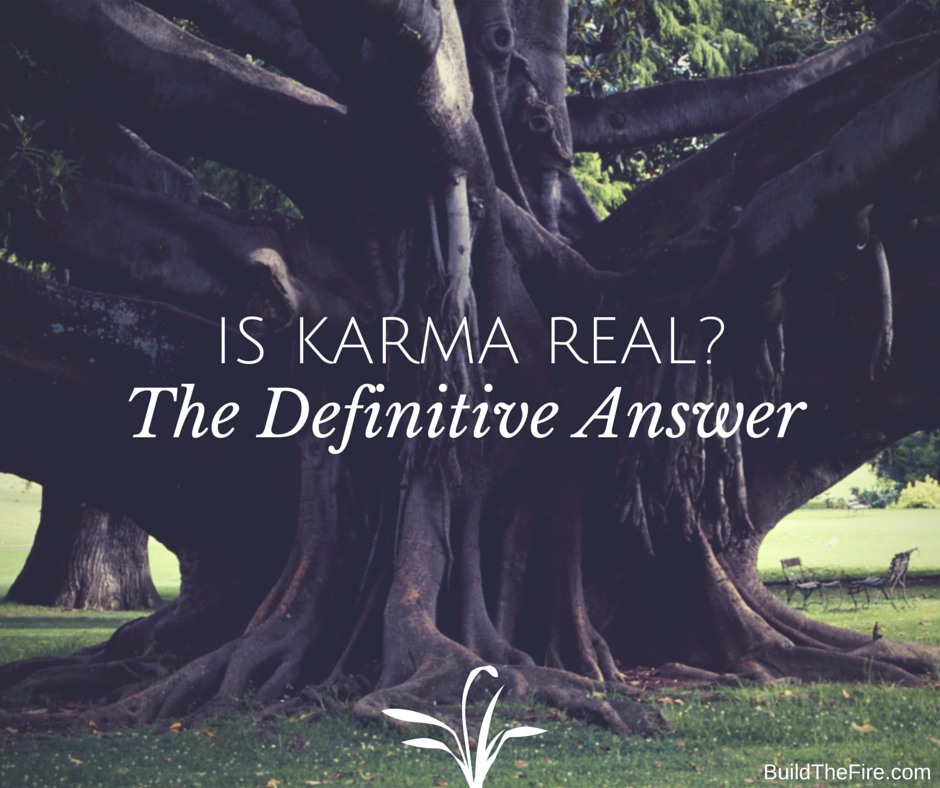Is Karma Real

In the vast tapestry of human belief systems, few concepts have captured the imagination and curiosity of people across cultures as profoundly as karma. Stemming from ancient Indian philosophies, karma has transcended boundaries, finding its way into popular discourse, philosophy, and even modern psychology. But amidst its ubiquity, the question persists: Is karma real? Let’s delve into this enigmatic concept and explore its significance in our lives.
Table of Contents
ToggleUnderstanding Karma
At its core, karma is a fundamental concept in Hinduism, Buddhism, Jainism, and Sikhism. It revolves around the idea that our actions, thoughts, and intentions have consequences that manifest in this life or the next. The term itself, derived from Sanskrit, means “action” or “deed.”
In its simplest form, karma operates on the principle of cause and effect—every action we take, whether positive or negative, influences our future experiences. Good deeds are believed to generate positive karma, leading to favorable outcomes, while harmful actions result in negative karma, inviting suffering and obstacles.
Debunking Misconceptions
While karma is often portrayed as a cosmic force doling out rewards and punishments based on moral conduct, this oversimplification fails to capture its complexity. Karma is not merely a simplistic system of cosmic justice, but a nuanced interplay of various factors.
Firstly, karma is not deterministic. It does not dictate every aspect of our lives or predestine our future. Rather, it influences the probabilities of certain outcomes based on our actions and intentions. Our present circumstances are shaped by a multitude of factors, including genetics, environment, and societal structures, alongside karma.
Secondly, karma operates on a multi-dimensional timescale. Its effects may not be immediately apparent or linear. Some actions may yield results swiftly, while others may unfold over lifetimes. Understanding karma requires embracing the interconnectedness of actions and their repercussions across time and space.
karma is not a tool for moral judgment or blame. It’s a mechanism for learning and growth, guiding individuals towards self-awareness and ethical conduct. Rather than fixating on past actions, the focus lies on cultivating mindfulness and making conscious choices in the present moment.
Applying Karma in Daily Life: While the metaphysical aspects of karma may remain open to interpretation, its practical implications are undeniable. Embracing the principles of karma can foster compassion, empathy, and accountability in our interactions with others and the world around us.
Practicing mindfulness allows us to pause and reflect on the consequences of our actions before impulsively reacting. By cultivating positive intentions and acting with integrity, we contribute to the collective pool of good karma, fostering harmony and well-being in our communities.
karma serves as a reminder of our interconnectedness with all beings. Our actions ripple through the fabric of existence, shaping the world we inhabit. By embodying kindness, generosity, and empathy, we sow the seeds of positive change, enriching our lives and those around us.
Conclusion
In the labyrinth of existential questions, karma stands as a timeless enigma, inviting contemplation and introspection. While its metaphysical nature may elude empirical validation, the essence of karma resonates with universal truths—our actions reverberate beyond the confines of time and space, shaping our destinies and the world we inhabit.





